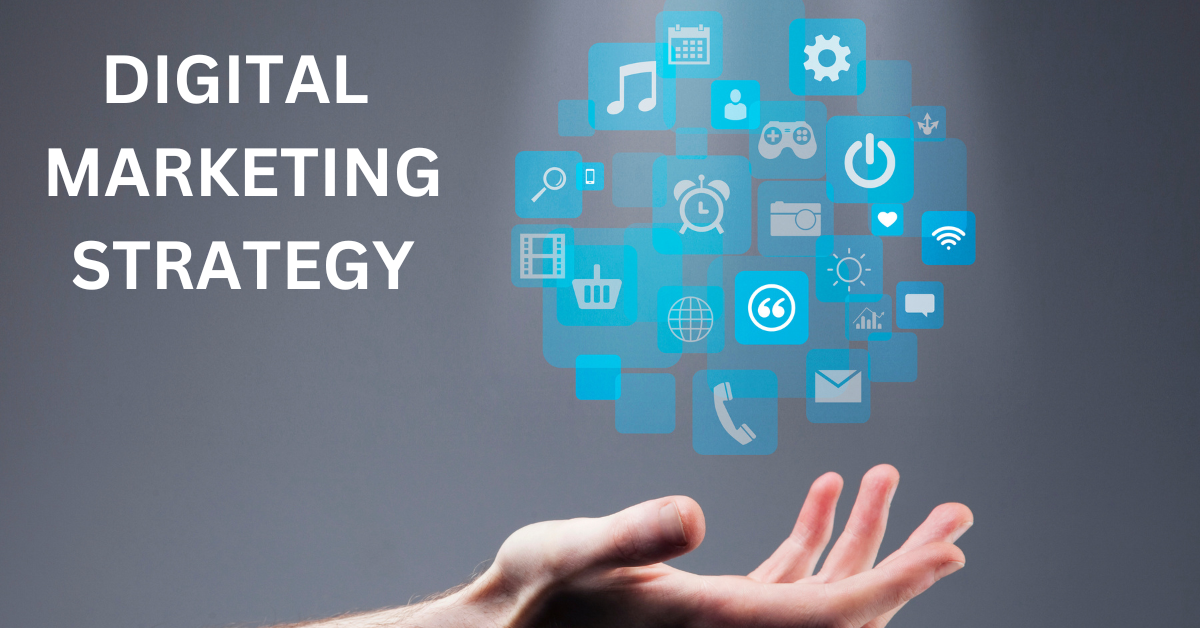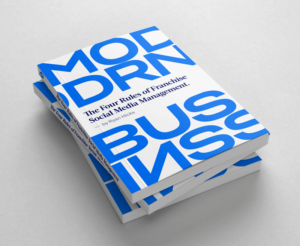In the digital age, having a well-defined digital marketing strategy is the key to success. It involves a combination of innovative techniques and data-driven insights to help businesses establish a strong online presence, engage with their audience, and drive sustainable growth.
Understanding Digital Marketing Strategy
It is a comprehensive plan that outlines how businesses use digital channels to achieve their goals. It includes content marketing, SEO, social media, email marketing, and paid advertising to maximize reach and conversions. A strong digital marketing strategy ensures alignment with business objectives and adapts to changing market trends.
Key Elements of an Effective Digital Marketing Strategy
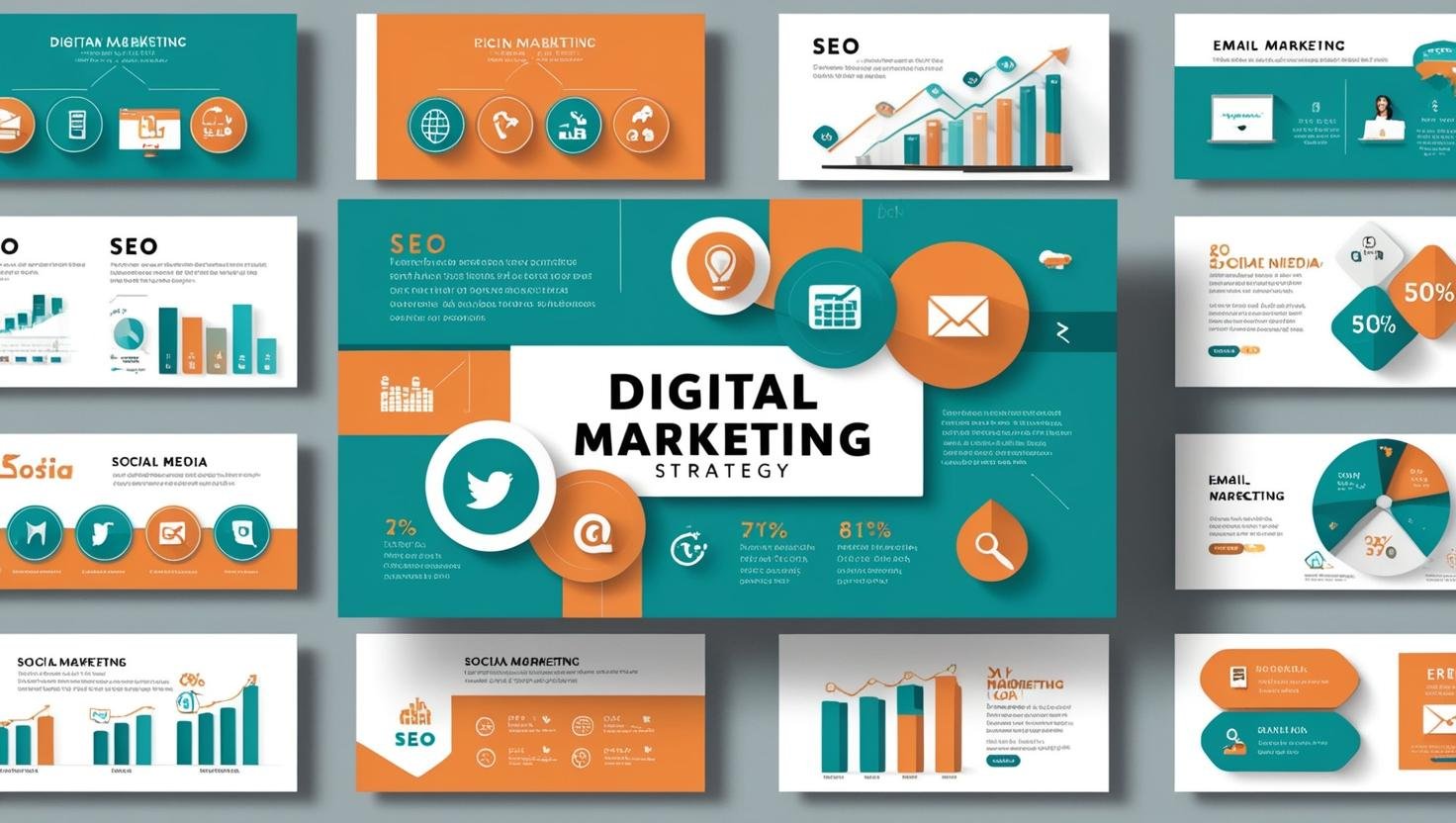
1. Defining Clear Goals
Every digital marketing strategy starts with well-defined objectives. Whether it’s brand awareness, lead generation, or increasing sales, setting specific and measurable goals ensures better outcomes and efficient resource allocation.
2. Knowing Your Audience
Understanding your target audience is crucial in shaping your digital marketing strategy. Conduct market research, analyze demographics, and leverage data insights to tailor your approach to their needs and preferences. The more you know about your audience, the better you can personalize your digital marketing strategy and improve engagement.
3. Content is King
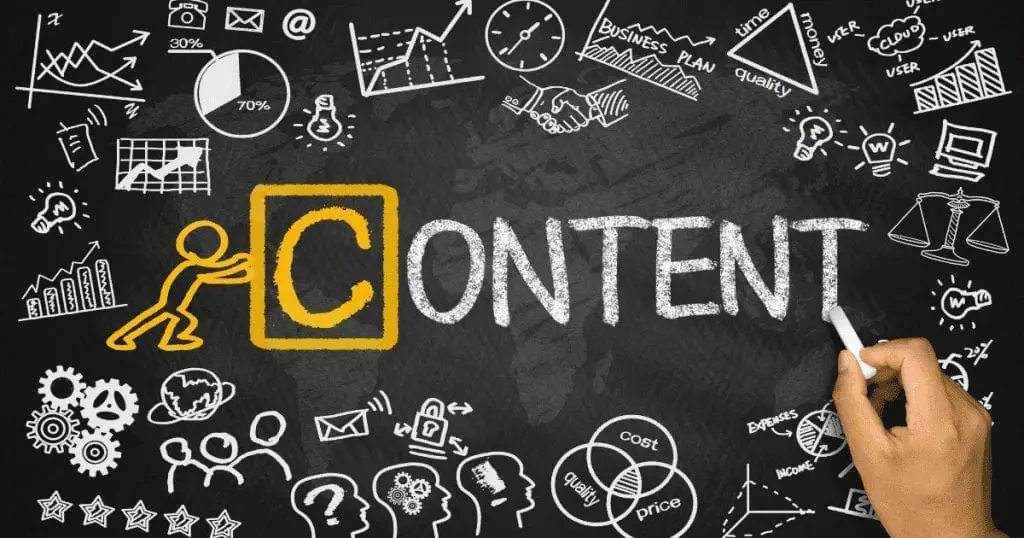
- AI tools assist marketers in creating and optimizing content by:
- Generating blog topics, headlines, and captions.
- Suggesting SEO improvements.
- Analyzing content performance to identify areas for improvement.
- Benefits of Digital Marketing with AI
- Increased Efficiency: AI streamlines marketing processes, allowing teams to focus on strategy and creativity.
- Better Insights: AI tools provide deep insights into customer behavior and campaign performance.
- Enhanced Customer Experience: Delivering personalized, relevant content fosters stronger relationships with your audience.
- Cost Savings: By automating tasks and optimizing campaigns, AI reduces marketing costs.
- Scalability: AI solutions grow with your business, making them ideal for companies of all sizes.
- Challenges of Using AI in Digital Marketing
- Despite its advantages, AI comes with challenges such as:
- Data Privacy: Ensuring compliance with data protection regulations like GDPR.
- Implementation Costs: Investing in AI tools and expertise can be expensive initially.
- Accuracy: AI systems require quality data to produce reliable results.
- Dependence on Technology: Over-reliance on AI may reduce the human touch in marketing.
- Future Trends in AI .
- Voice Search Optimization: With the rise of smart assistants, optimizing for voice queries will be essential.
- AI-Generated Content: Advanced AI models can create high-quality articles, videos, and graphics.
- Sentiment Analysis: AI tools will analyze customer sentiment to enhance brand reputation management.
- Augmented Reality (AR): AI-driven AR experiences will become a key part of digital marketing strategies.
4. Leveraging SEO for Visibility
Search engine optimization (SEO) is a fundamental part of digital marketing strategy. A strong SEO strategy involves keyword research, high-quality content creation, and optimizing website performance for better rankings. Proper SEO implementation drives organic traffic and enhances overall efforts.
5. Social Media Strategy for Engagement
Social media platforms play a vital role . A data-driven social media strategy helps in crafting compelling campaigns, interacting with followers, and increasing brand loyalty. Businesses should focus on creating shareable content, engaging with their audience, and leveraging influencer collaborations to maximize their reach.
6. Email Marketing for Personalized Outreach
Email marketing is the major component of a digital marketing. Personalized email campaigns help nurture leads, build customer relationships, and drive conversions. Using automation tools to send targeted messages based on customer behavior and preferences enhances the effectiveness of email marketing efforts.
7. Paid Advertising Strategy
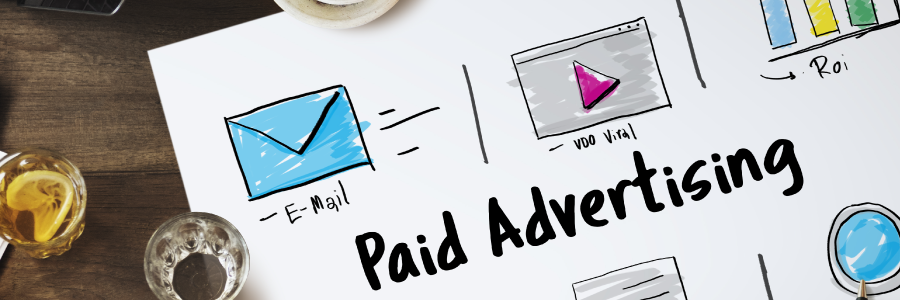
A well-structured paid advertising strategy enhances visibility and drives targeted traffic. PPC campaigns and paid social media ads maximize ROI and ensure higher conversions. Businesses should continuously analyze ad performance, optimize targeting, and refine messaging to improve results.
8. Utilizing Data Analytics and AI
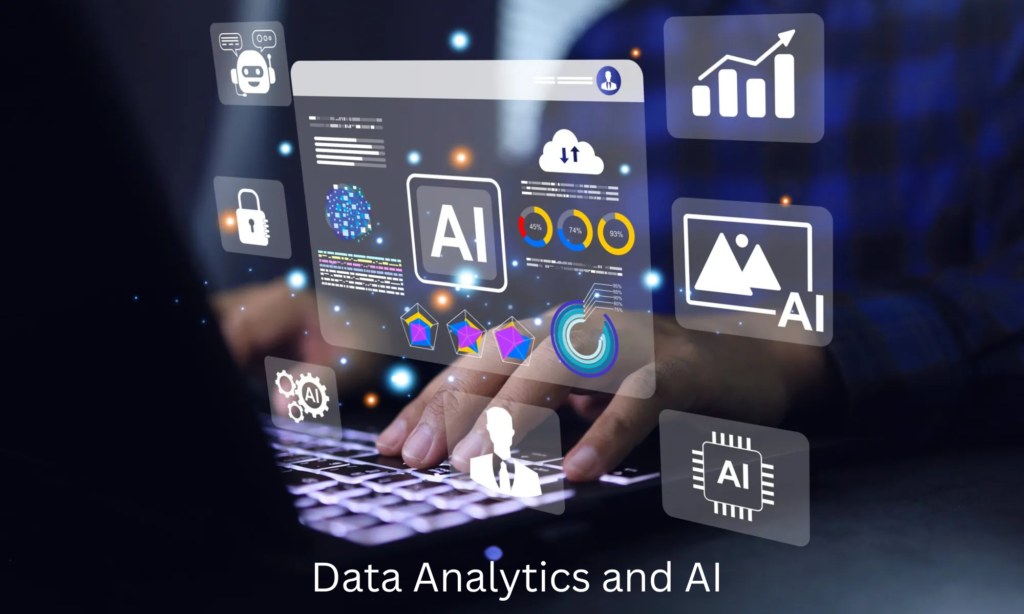
Data analytics and artificial intelligence (AI) are transforming digital marketing strategy. Businesses can use AI-driven tools to analyze customer behavior, predict trends, and automate tasks. Utilizing data insights helps refine strategies, improve decision-making, and enhance overall marketing performance.
9. Artificial Intelligence and Automation in Marketing
Leveraging AI for chatbots, predictive analytics, personalized content, and automated campaign management.
10. Programmatic Advertising
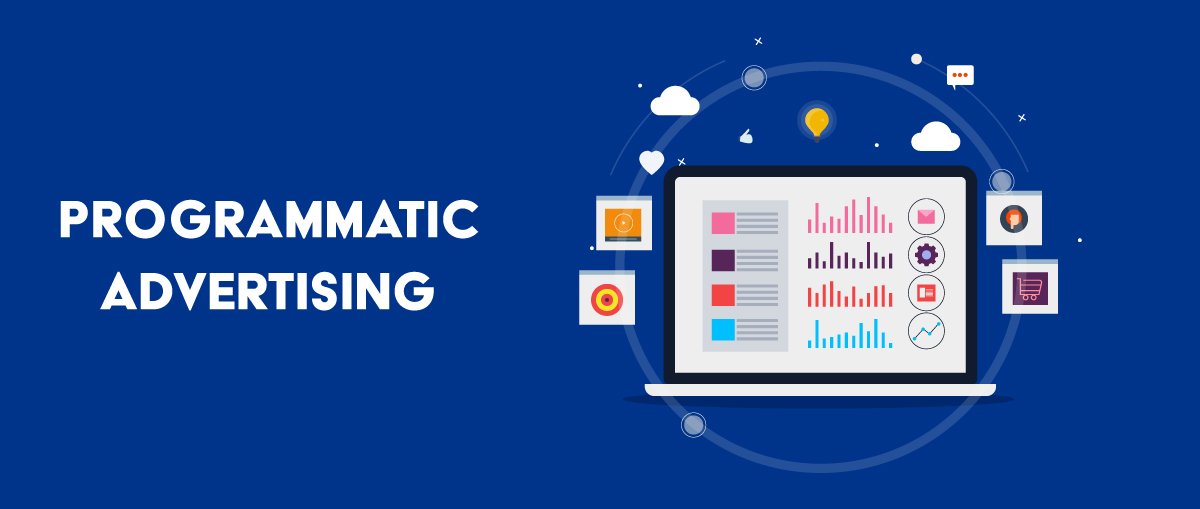
- .Programmatic advertising AI to automate the buying and placement of ads. Benefits include:
- Real-time bidding for ad space.
- Enhanced targeting through user data analysis.
- Improved ROI by reaching the right audience at the right time
11. Future Digital Marketing Strategy

Voice search optimization.
Virtual Reality (VR) and Augmented Reality (AR) marketing.
Blockchain for secure transactions and transparency in digital ads.
Sustainability-focused campaigns to align with consumer values.
Importance of Digital Marketing:
Cost-Effective: Lower cost compared to traditional marketing methods.
Global Reach: Enables businesses to target audiences across geographical boundaries.
Real-Time Interaction: Facilitates instant feedback and engagement.
Measurable Results: Offers detailed metrics for campaign performance.
12. Improved Customer Insights and Analytics

AI takes data collection and analysis to the next level by delivering actionable insights in real-time.
- Ai Sentiment Analysis: AI in digital marketing can analyze customer feedback, reviews, and social media conversations to determine the sentiment around a brand or product, helping businesses understand how their audience feels and adjust their strategies accordingly.
- Behavioral Insights: AI identifies patterns in customer behavior, helping marketers understand what drives conversions, which channels perform best, and what content resonates most with their audience.
13. AI-Powered SEO Audits
Regular SEO audits are essential for identifying issues that could be hindering your website’s performance. AI-powered SEO audit tools can scan websites for technical SEO issues such as broken links, duplicate content, slow page speeds, and improper use of keywords.
AI tools can analyze these issues faster and more accurately than manual audits, providing detailed reports with actionable recommendations for improvement. By automating the SEO audit process, businesses can quickly address issues and maintain optimal website performance.
14. AI-Powered Visual Search and Image Recognition

In the age of visual content, AI’s ability to power visual search and image recognition is transforming e-commerce and digital marketing.
- Visual Search: AI digital marketing allows users to search for products by uploading images rather than using text queries, offering a more intuitive way to shop and find similar items.
- Image Recognition: AI digital marketing can analyze and categorize images to help businesses enhance their visual content and optimize ads, improving user engagement and driving conversions.
15.Optimizing Digital Marketing Strategy
Tracking key performance indicators (KPIs) is crucial in refining your digital marketing strategy. Analytics tools help measure campaign effectiveness and identify areas for improvement. Businesses should continuously test different approaches, adapt to market trends, and optimize strategies based on performance data.
Conclusion
A strong digital marketing strategy is essential for business success in today’s competitive landscape. By integrating content marketing, SEO, social media, email, paid advertising, and data analytics, businesses can create a well-rounded digital marketing strategy that drives growth. We specialize in crafting data-driven digital marketing strategies that deliver results. Get in touch with us today to elevate your digital presence.

